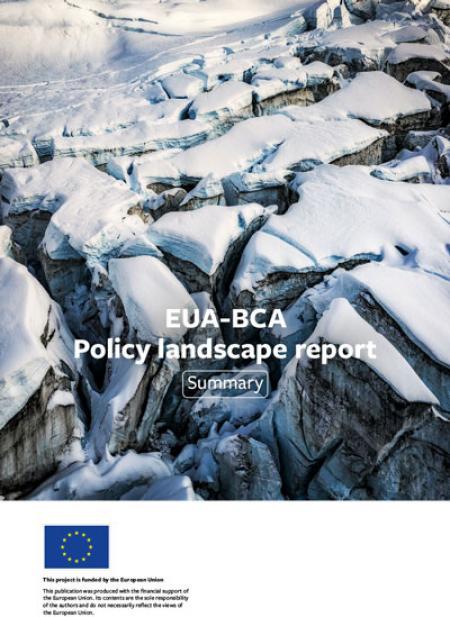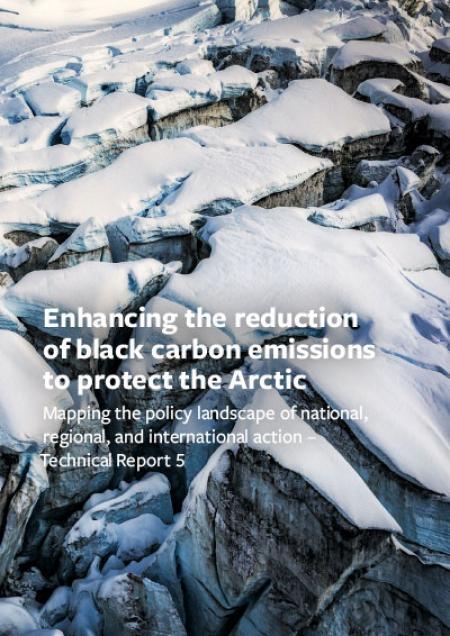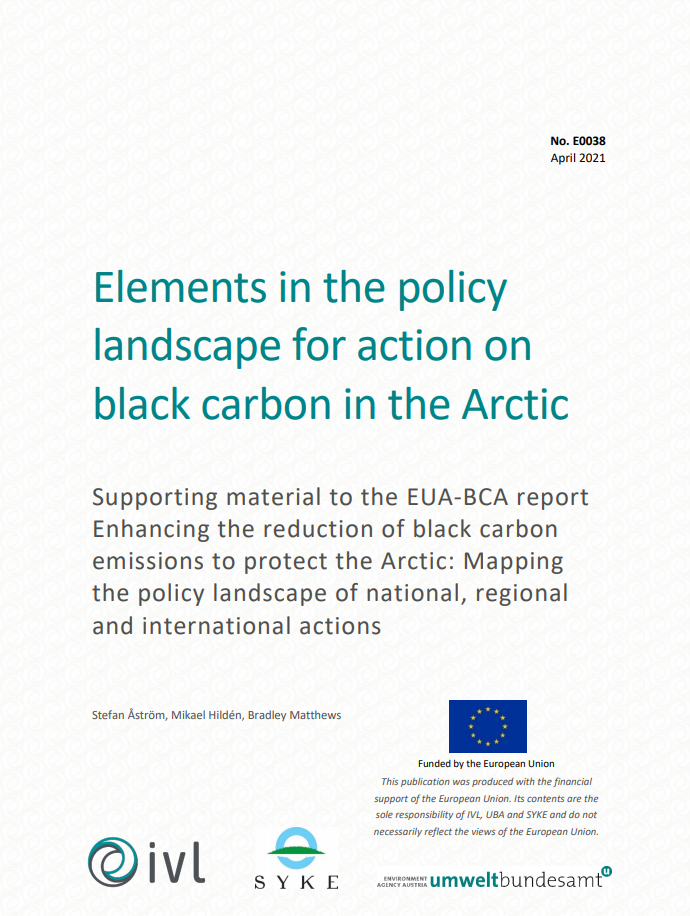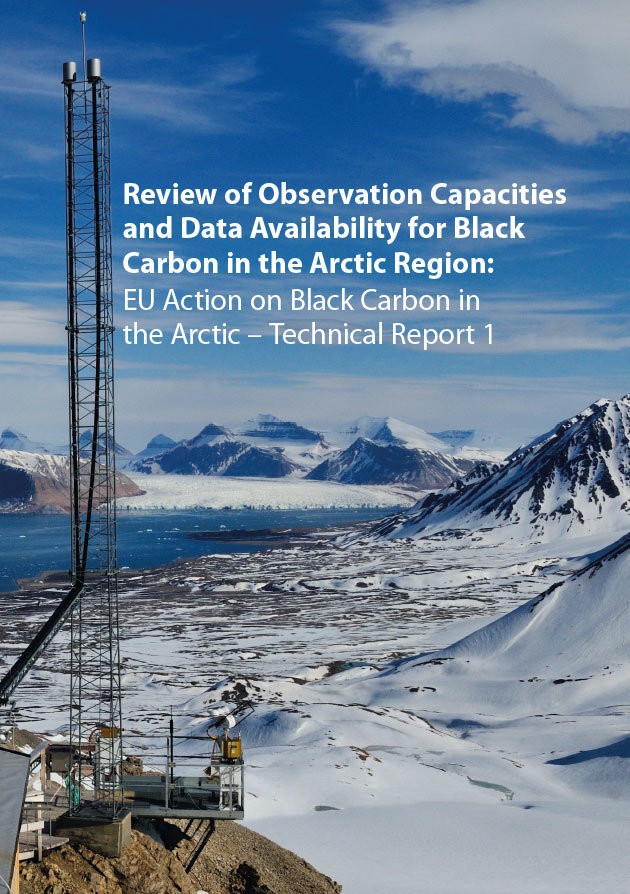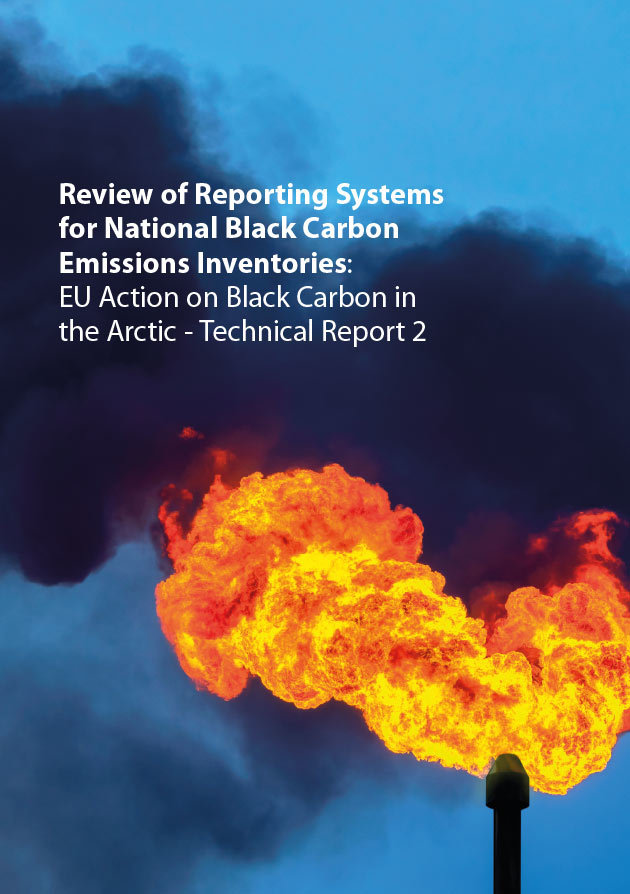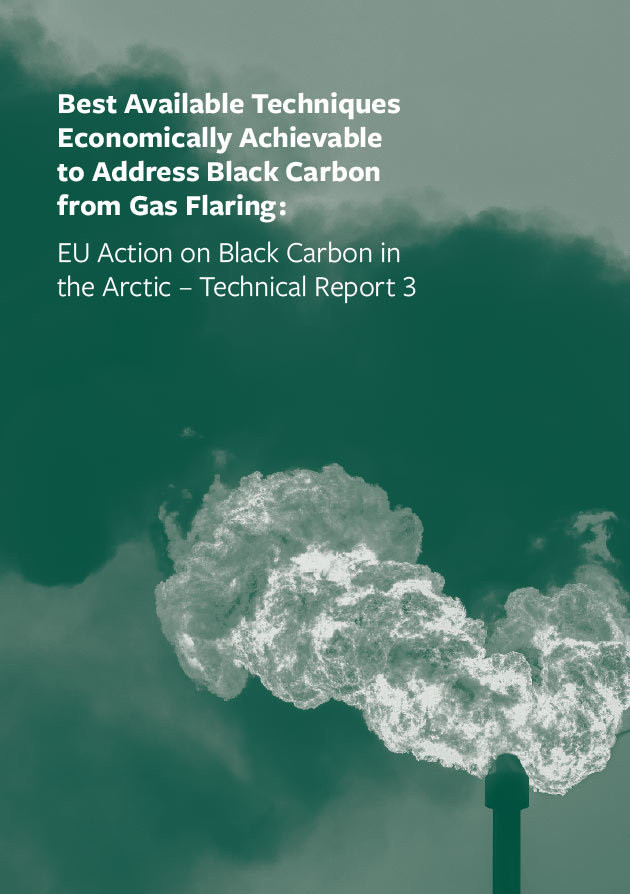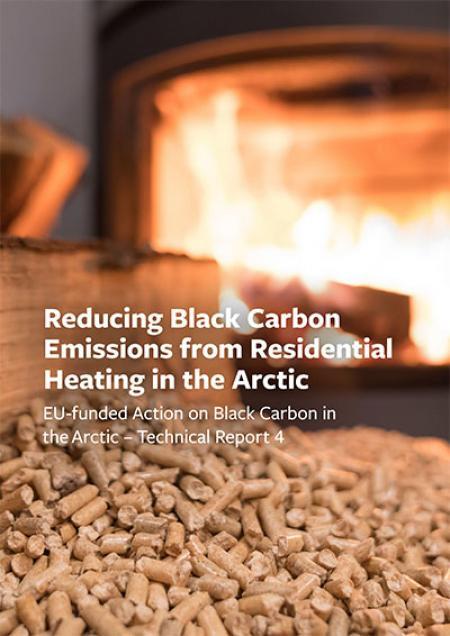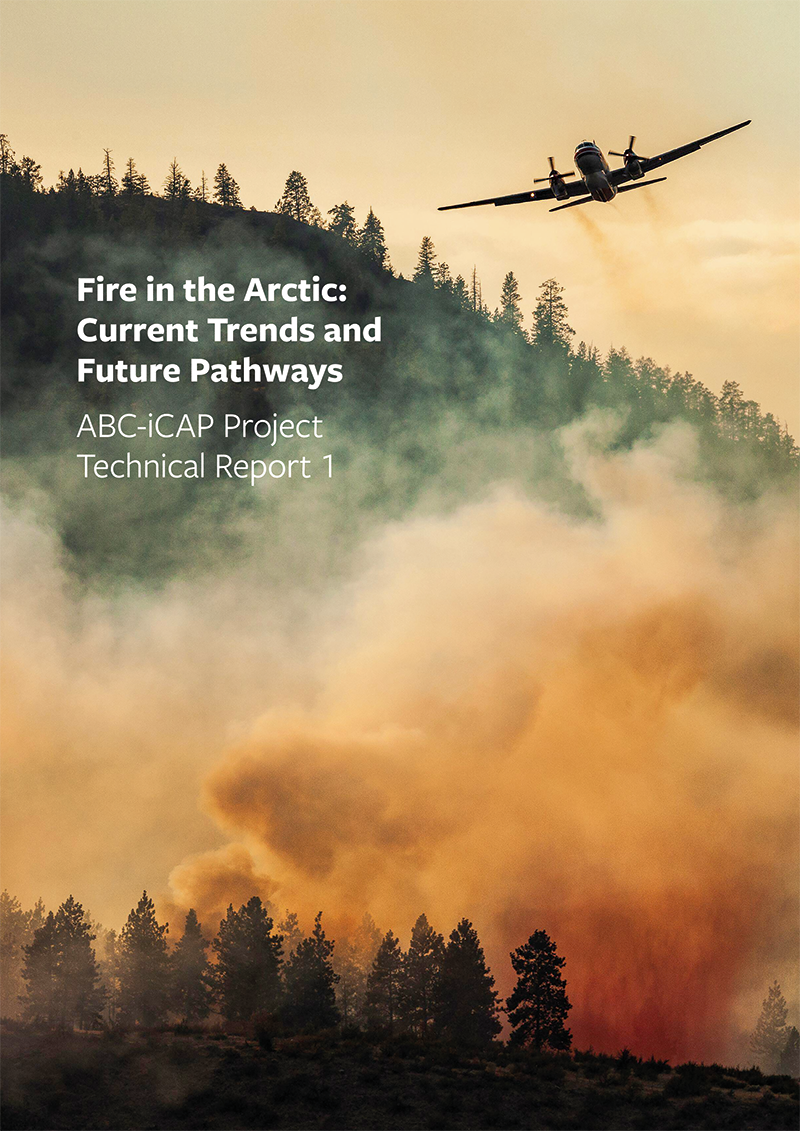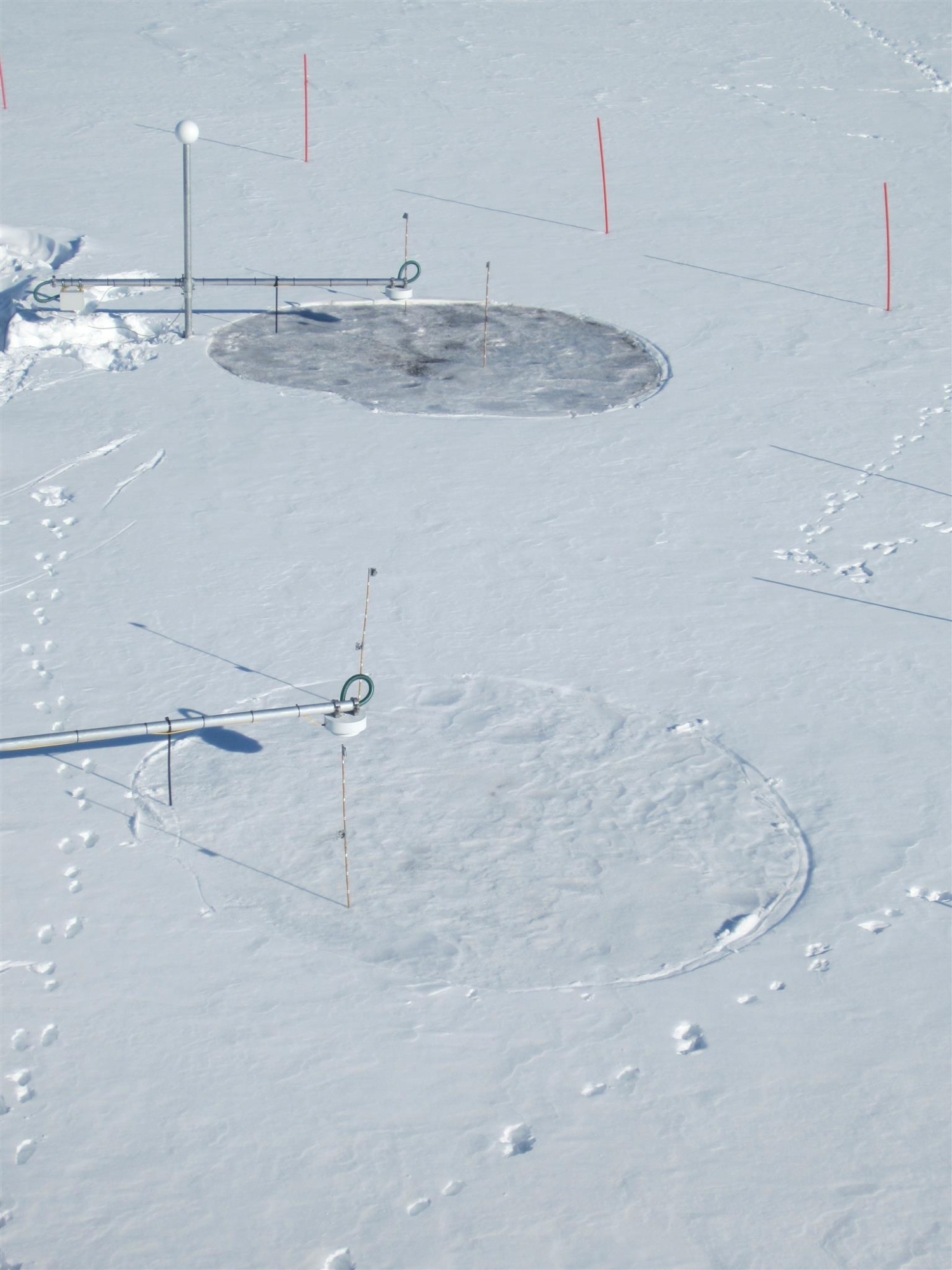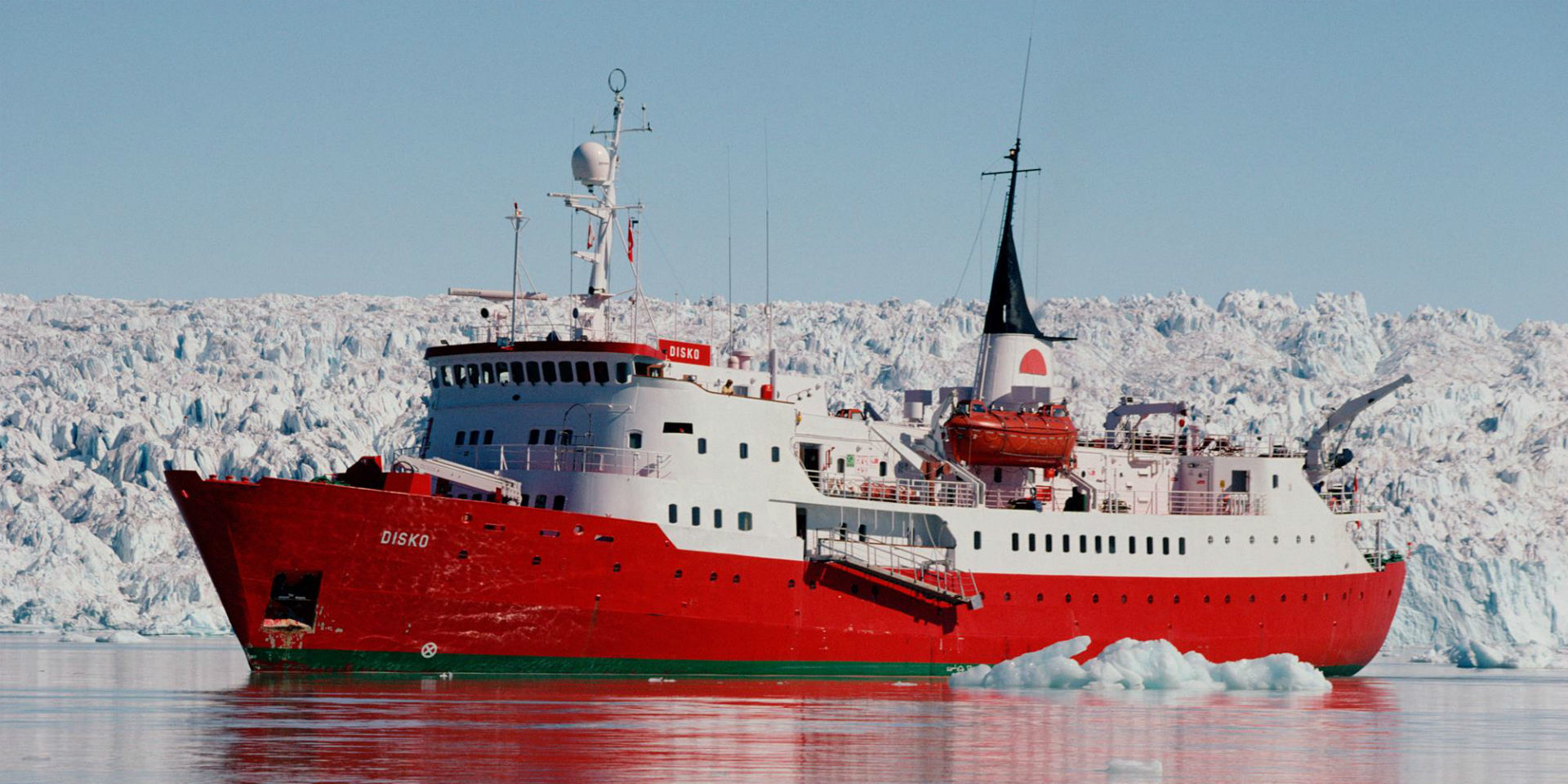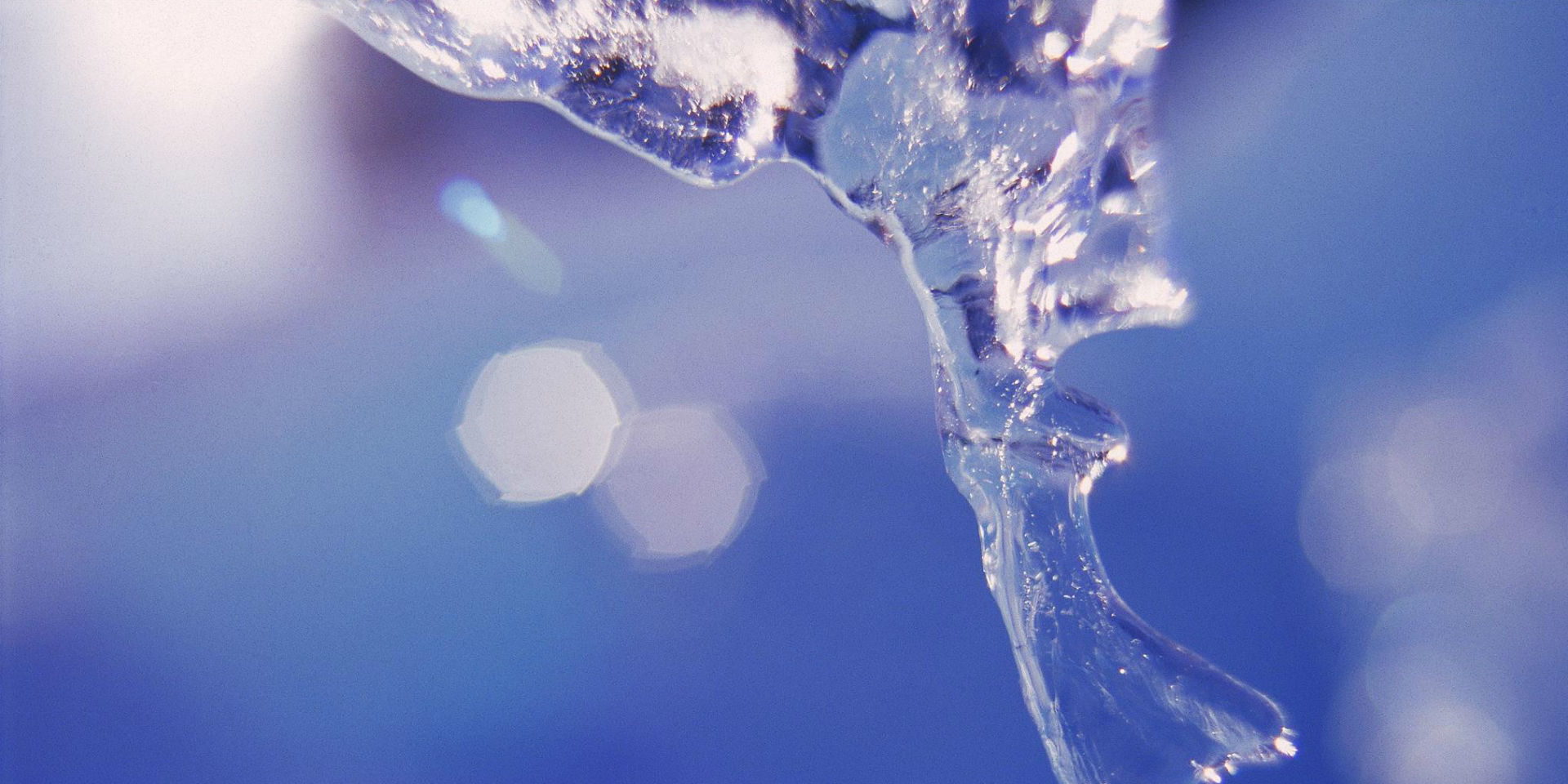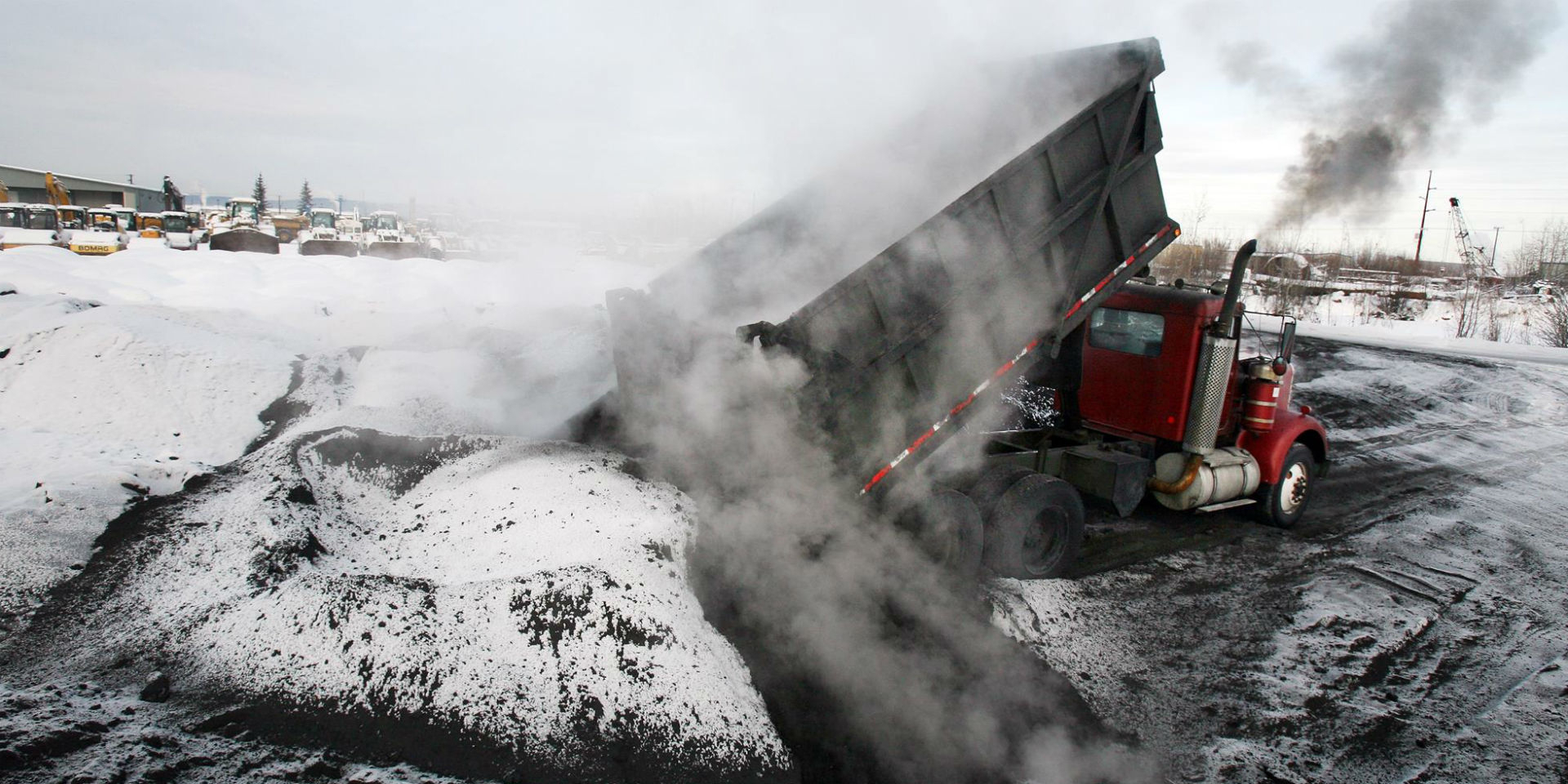The Latest
News
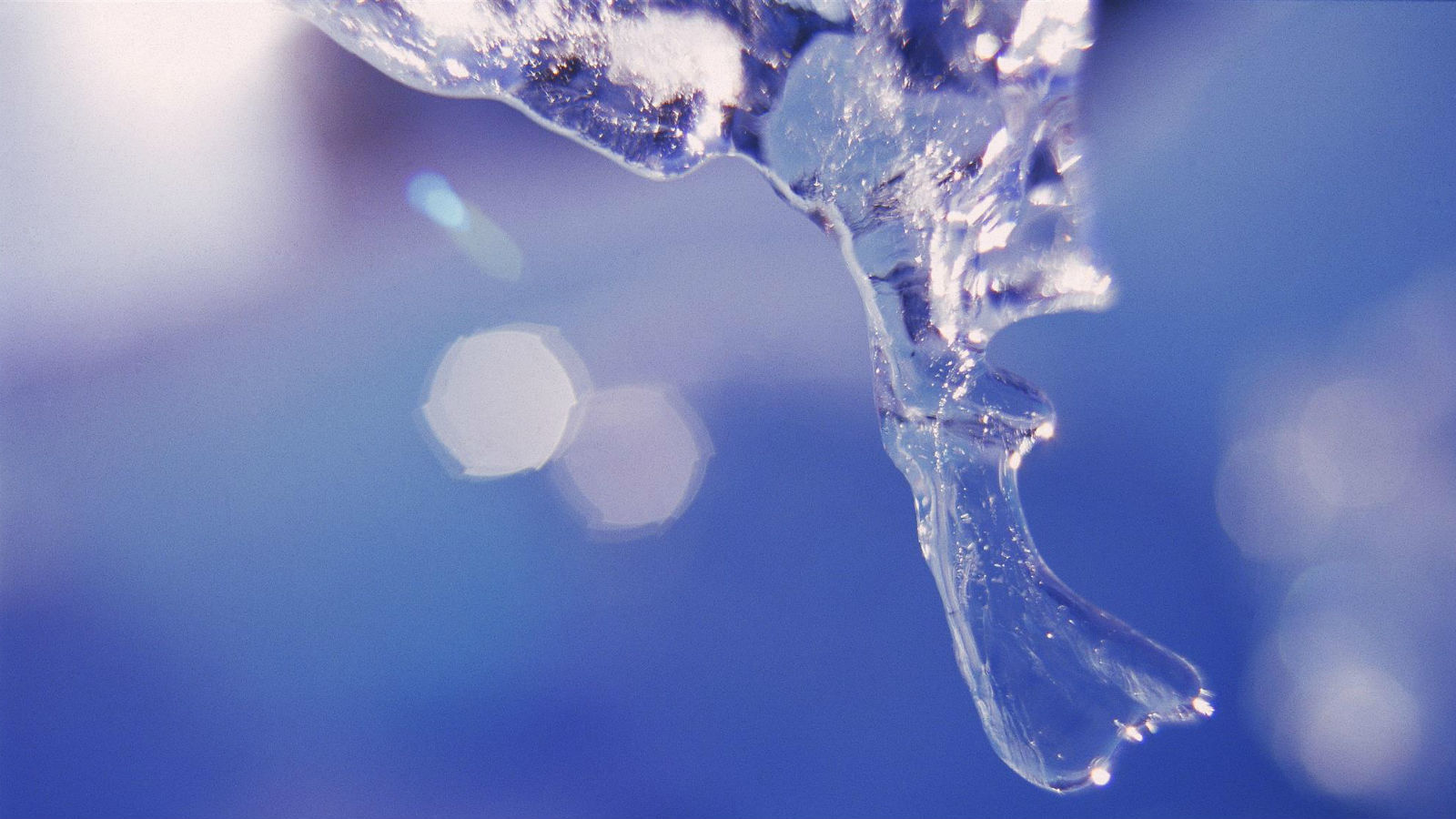
An EU Initiative to Support International Policy to Reduce Black Carbon
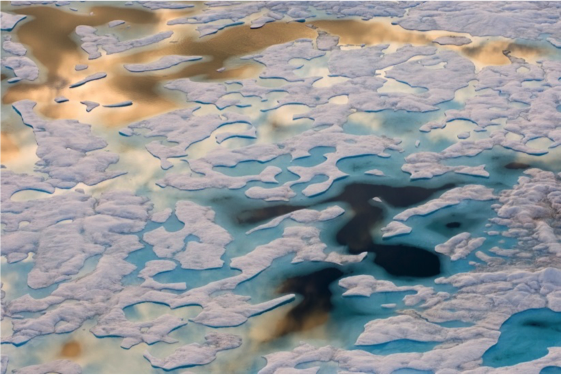
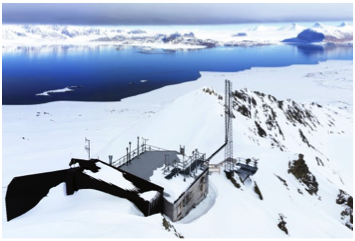
News
Webinar: 3rd ABC-iCAP webinar on Arctic fires, 13 November 2023 - Recording available
25.09.23
Link to Webinar: 3rd ABC-iCAP webinar on Arctic fires, 13 November 2023 - Recording availableWebinar: Urgent Need to Cut Black Carbon from Shipping - Recording available
18.09.23
Link to Webinar: Urgent Need to Cut Black Carbon from Shipping - Recording availableArctic Black Carbon impacting on Climate and Air Pollution (ABC-iCAP)
The Arctic Black Carbon impacting on Climate and Air Pollution (ABC-iCAP) project is an EU-funded initiative supporting collaborative actions on the reduction of black carbon emissions from specific source sectors impacting the Arctic. Synergies with other short-lived climate forcers such as methane will also be explored. The project builds on the earlier EU-funded Action on Black Carbon in the Arctic (EUA-BCA) that was implemented between 2018 and 2021. This website presents results of work conducted under both of these initiatives
- Promoting national, regional and international collaboration to build and share relevant knowledge, raising awareness, conducting communications and outreach, and performing expert analysis with strategic partners and stakeholders;
- Enhancing collaboration with non-EU Arctic countries, in particular Canada and the USA;
- Contributing to work addressing black carbon and methane under the Arctic Council, UN ECE Air Convention and Barents Euro-Arctic Council; and
- Increasing awareness and knowledge sharing in cooperation with international and regional actions to reduce black carbon emissions under the Climate and Clean Air Coalition (CCAC), OECD, UNFCCC / IPCC, World Bank’s Global Gas Flaring Reduction (GGFR) partnership and the International Maritime Organisation (IMO).
AMAP Secretariat is responsible for co-managing project implementation together with the two implementing partners in the Action:
- Finnish Environment Institute (SYKE)
- Swedish Environmental Research Institute (IVL)
and eight project key partners:
- Carbon Limits, Norway
- Environment Agency of Austria (EAA)
- Finnish Meteorological Institute (FMI)
- International Climate and Cryosphere Initiative (ICCI) – Europe (Sweden)
- International Institute for Applied Systems Analysis (IIASA) (Austria)
- INTERACT Non-Profit Association (INPA) (Sweden)
- Norwegian Institute for Air Research (NILU)
- Norwegian Institute for Public Health (NIPH)

An EU Partnership Action
The ABC-iCAP will be implemented over two-years (2022–2023) supported by an EU Partnership Instrument grant of almost 820,000 EUR

Domestic Heating
Wood stoves and the burning of coal to heat homes emit black carbon to the atmosphere and can be a health hazard.
Learn More Learn more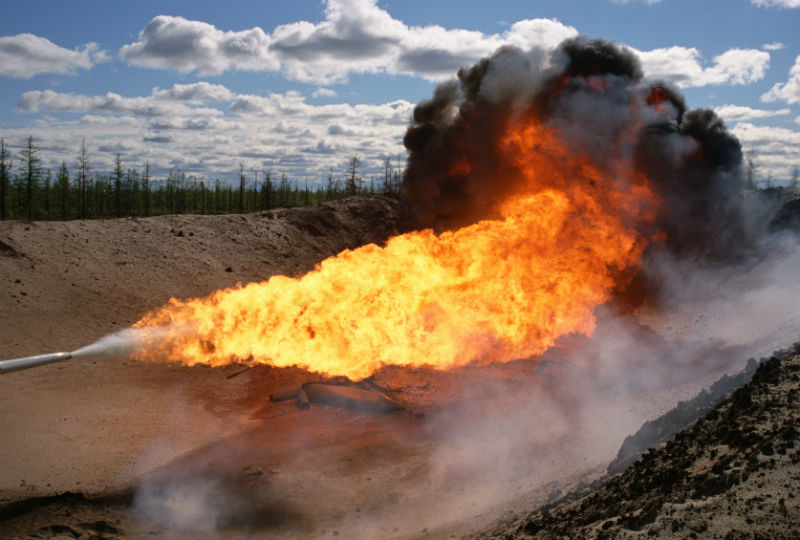
Gas Flaring
Flaring is used extensively in the oil and gas industry to burn unwanted flammable gases and a major source of black carbon emissions affecting Arctic regions.
Learn more Learn more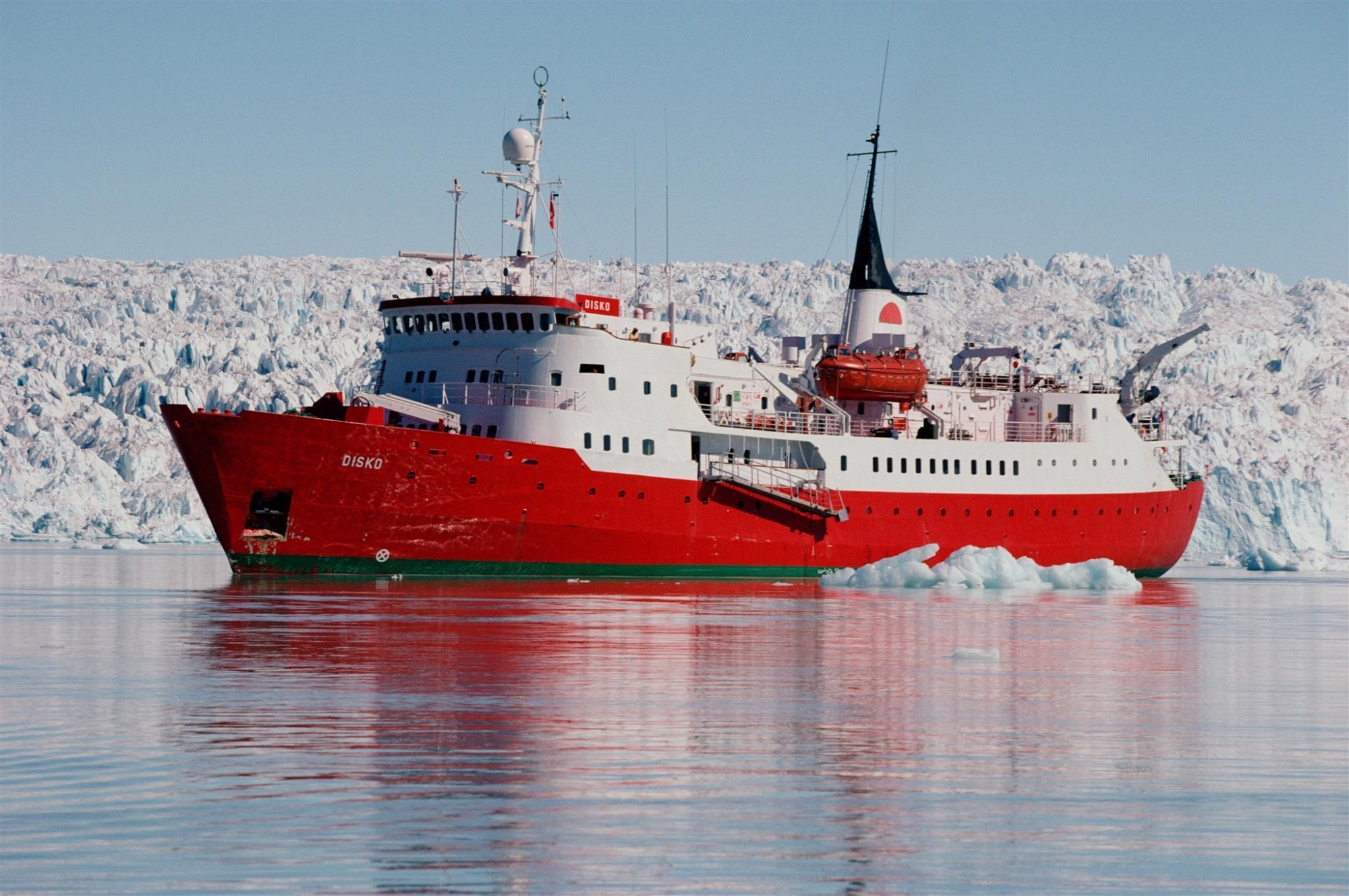
Maritime Shipping
Expected increases in shipping in the Arctic could lead to much higher emissions of black carbon in the Arctic than today.
Learn More Learn more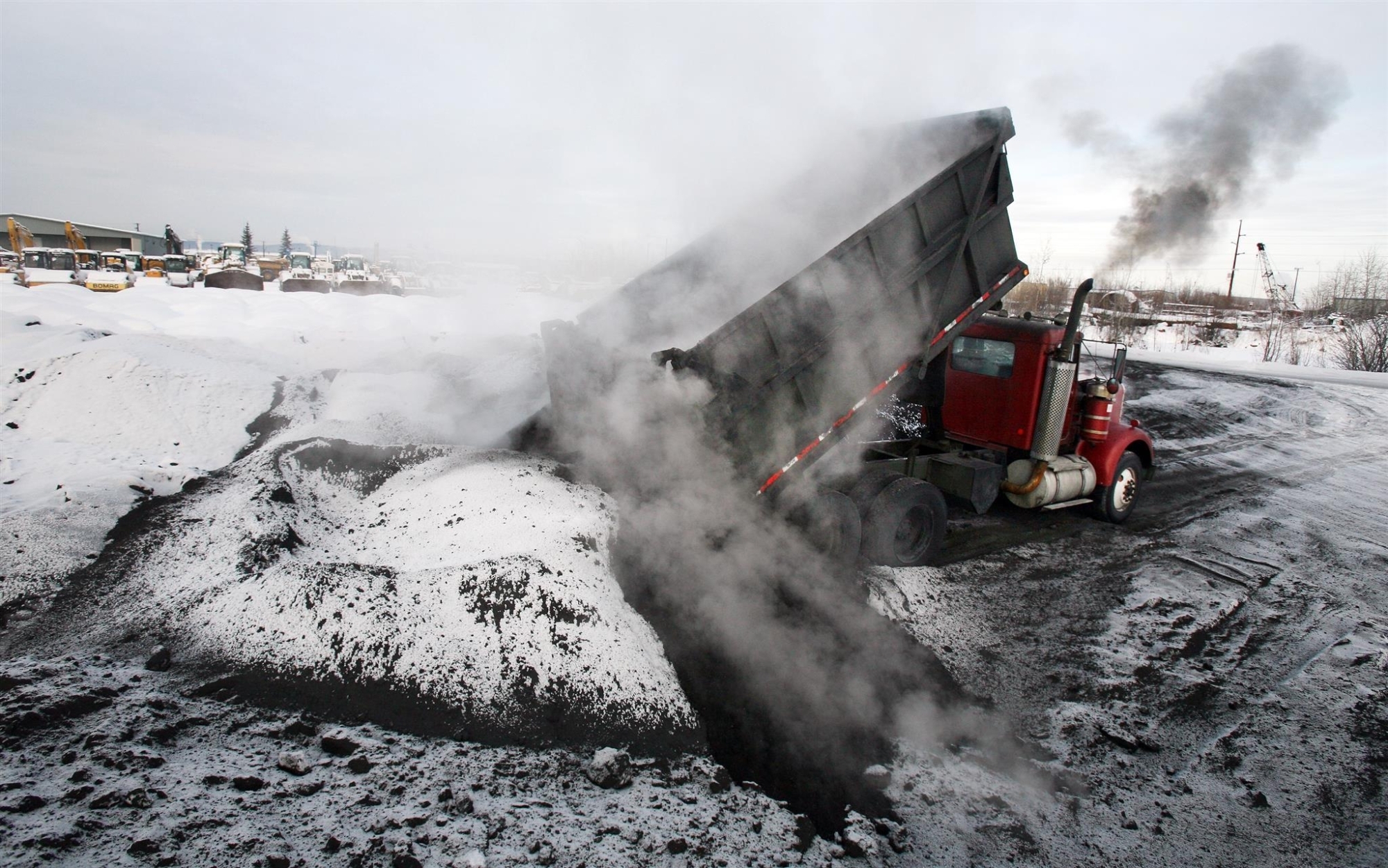
Diesel engines
Diesel engines used in heavy road vehicles, ships and machinery constitute a significant source of black carbon in the Arctic.
Learn More Learn more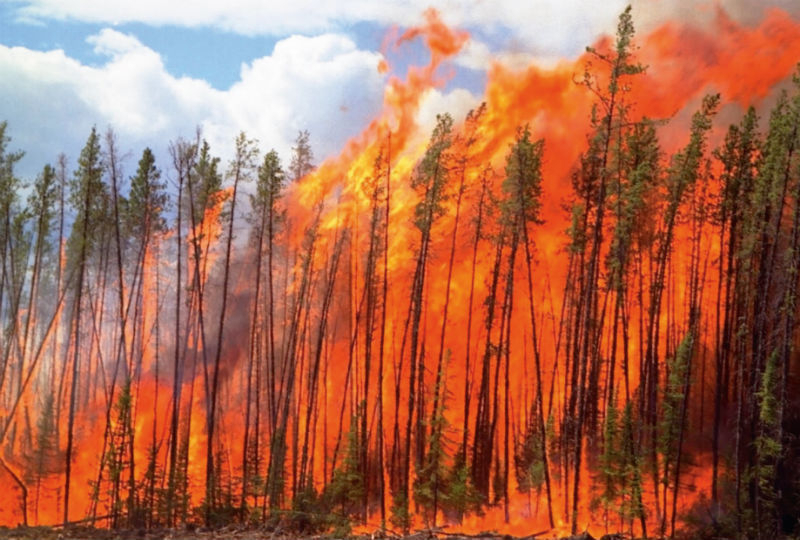
Open Burning
Wildfires and agricultural fires may be underestimated sources of black carbon emissions that pollutes the Arctic
Learn More Learn more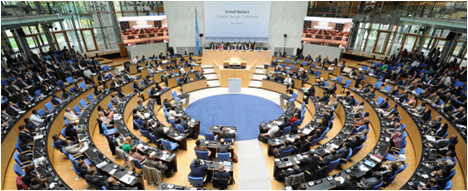
Policy Action
The road towards reduced emission of black carbon include applying the best available technologies and practices
Learn More Learn more
